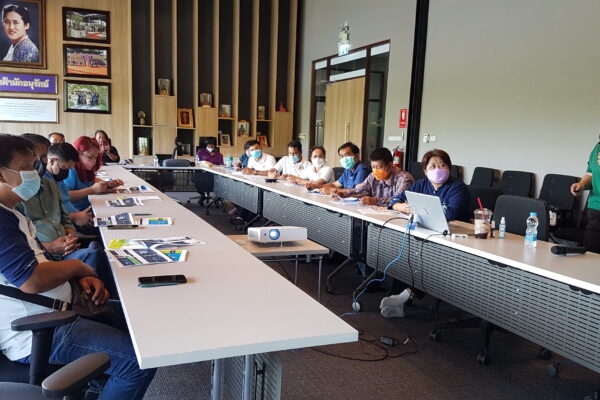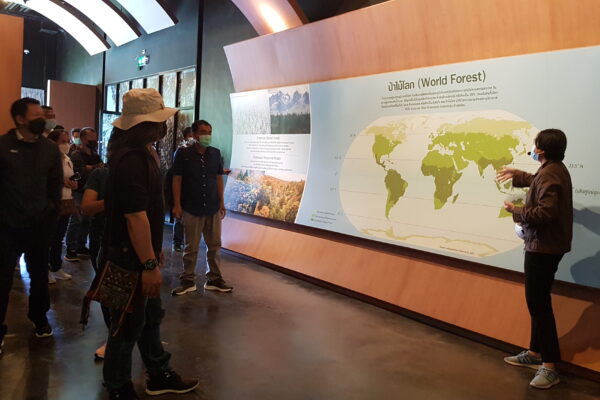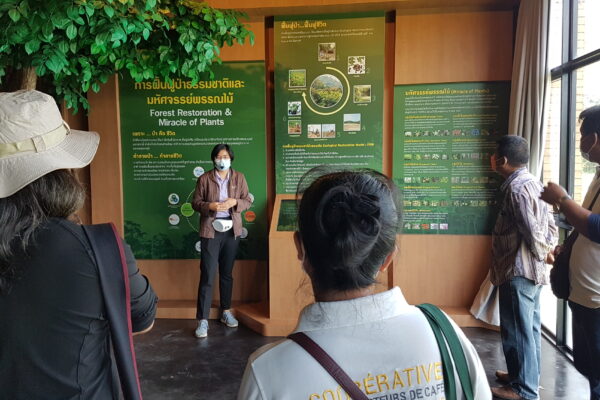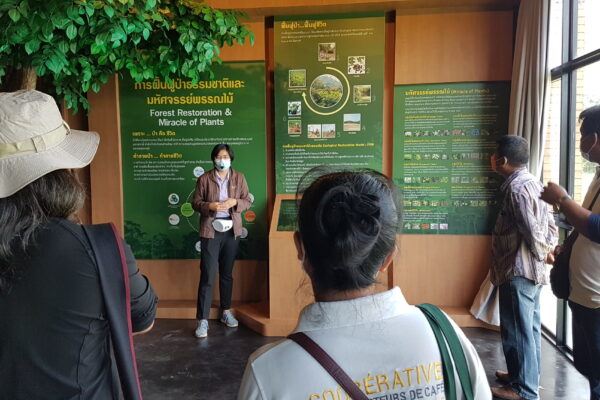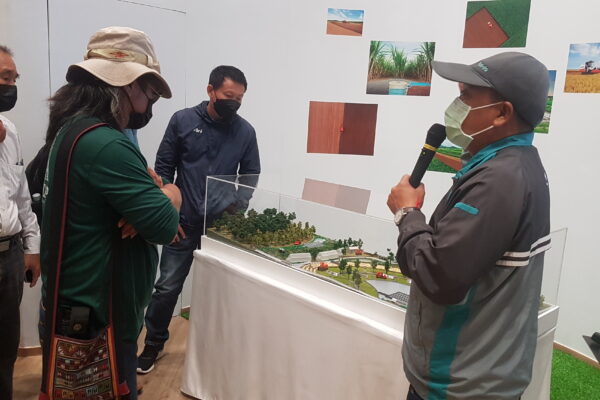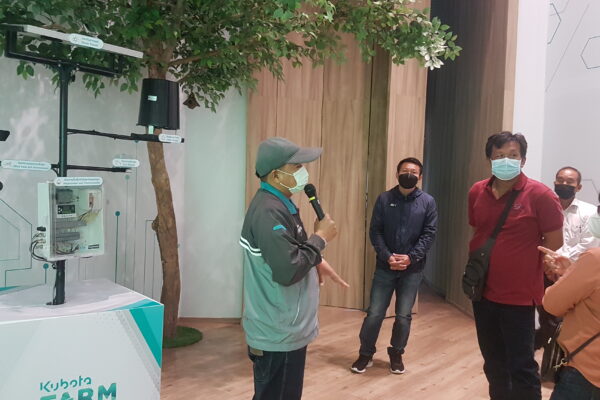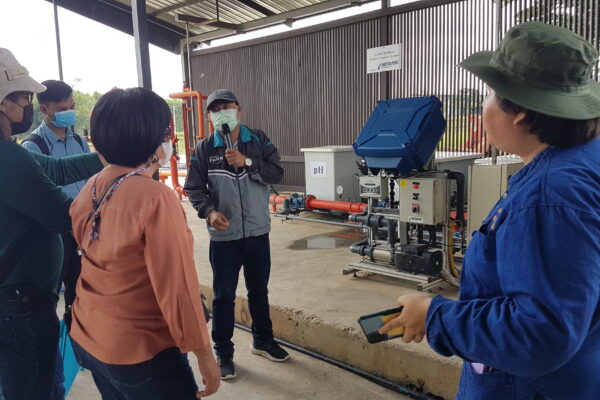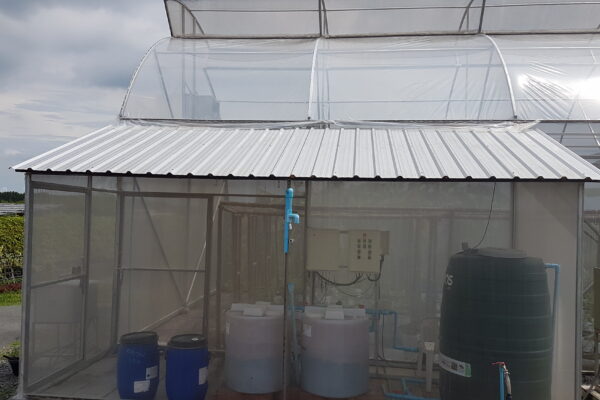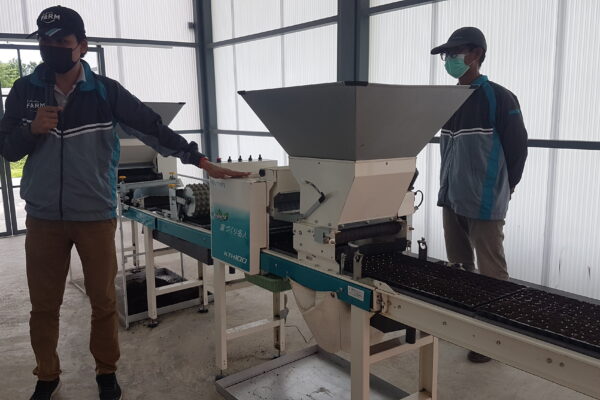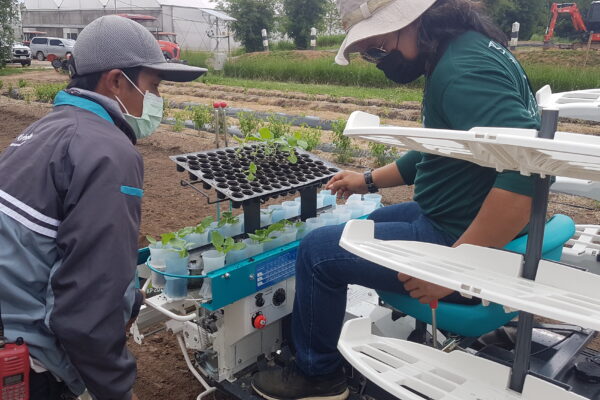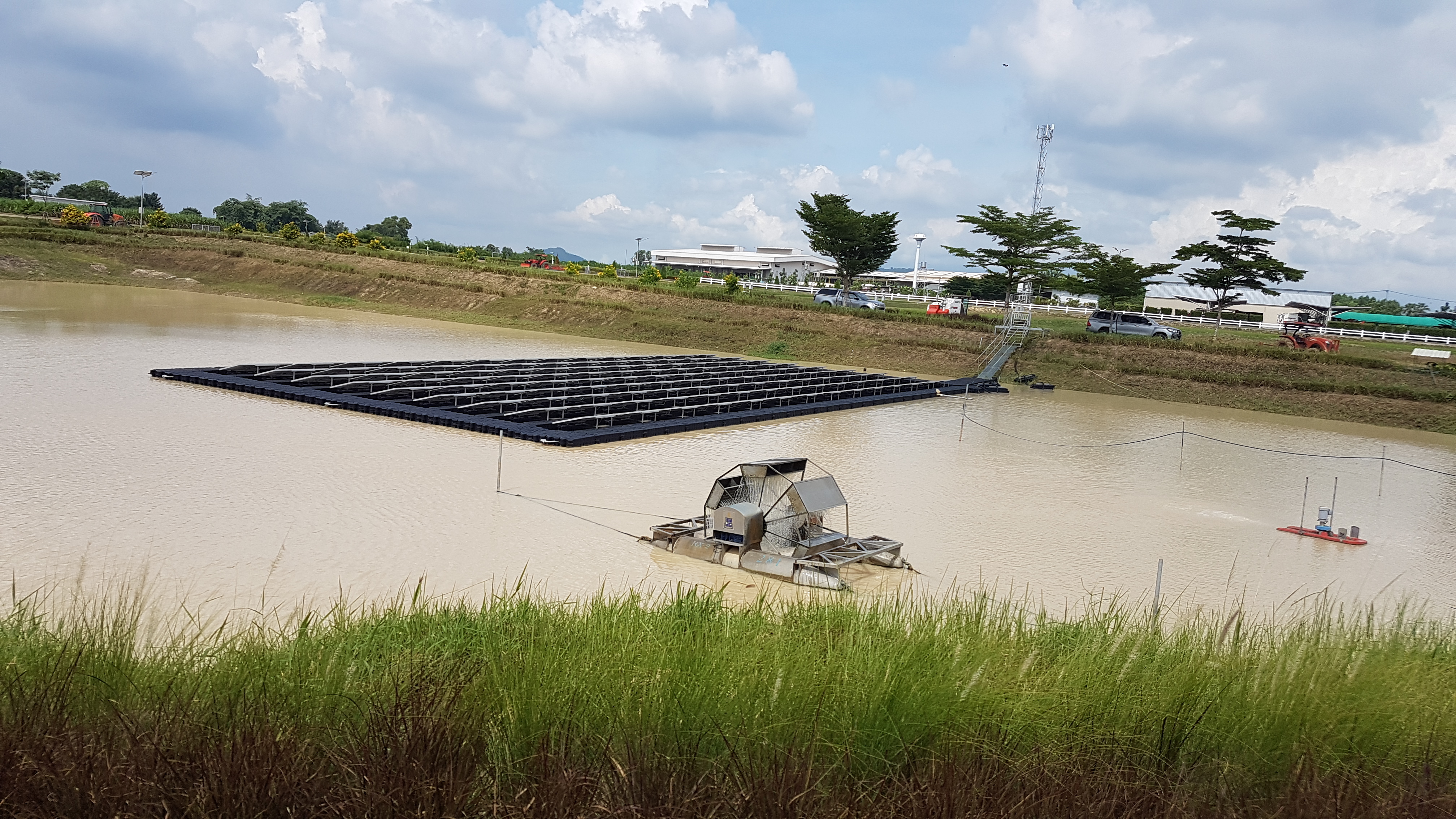
The producers in Thailand continue to face severe climate challenges affecting the quality of the harvest and eventually lowering productivity and quantity making it difficult to meet the high demand of Fairtrade consumers. Fairtrade NAPP has assessed the need to increase awareness of producer organizations on its adverse effects on the farm, enhance their knowledge of climate-smart agriculture and new technology and strengthen their ability to adapt good farm practices and management that can aid in building their resilience to climate change to improve crop productivity and quality.
A 02-day Capacity building training on ‘Climate Change Mitigation and Adaptation’ was organised by Fairtrade NAPP from 21-22 June 2022 for 18 farmers from 08 small producer organisations in Thailand and Laos who produce Coffee, Fresh fruits, Herbs, herbal teas & spices. The training was delivered by the Climate Action Academy (CAA), Thailand Greenhouse Gas Management Organization (TGO), and the Ministry of Natural Resources and Environment.
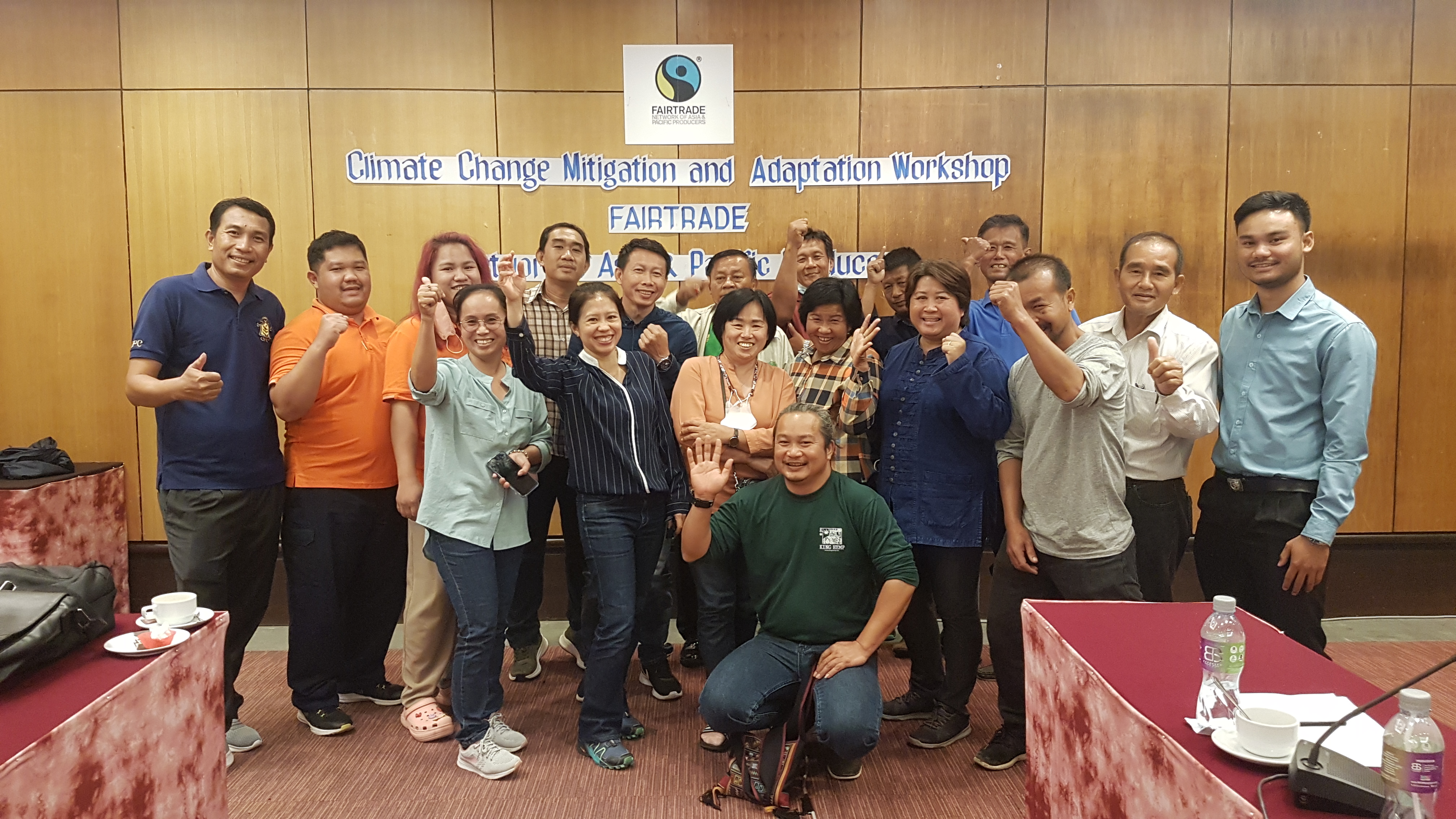
On Day 01 Climate change mitigation and adaptation workshop
The participants were introduced to the concept of climate change, its cause and effect, climate change tendency in the Thailand, Asia pacific, and at the global levels, carbon emission and its relation to agriculture sector, followed by briefing on Climate Change Policy of Thailand and COP and a visit to the climate change mitigation and alternative energy site.
Day 02 Study field visit and Framing of Climate Action Plan
The participants were exposed to a sustainable agriculture project run by a local community and experience on smart agriculture technology through a study visit at the Kubota farms
The study trip has helped me gain knowledge on the new technology and equipment improve soil condition by re-using organic waste through the implementation of pineapple incorporation technique. Farmers spray herbicide to kill the old pineapple plant when preparing the new crop as a common practice. With the funding support of Fairtrade Germany, it has enabled us to adopt new techniques by using the chopper and integrating organic matter into the soil.
Trat Fairtrade Pineapple Farmer Group’s representative
I learned from the field visit that it is possible to produce your own power. We are thinking of converting toward green energy. We will try to reduce greenhouse gas emission by using alternative solar energy. It also helps us to reduce production costs. We want to be a model for other farmers and get other Fairtrade producer groups to learn from our group.
Fairtrade Fruit and Vegetables Producer Group Cooperative
At the end of the field study, there was a group discussion on the climate change challenges to farming and livelihood and identifying the adaptation and mitigation strategies. Each group presented the proposed Climate change strategy and its implementation timeline. They will also receive a small grant through the funding support of Fairtrade Germany and Fairtrade NAPP to implement the project in 04 months’ time.
Through the training, the participants have enhanced their awareness of the adverse effects of climate change at the farm and global level including the solution on how to mitigate the climate change impact. Through the study visits, the participants have gained knowledge on climate-smart agriculture and new technology which can be adapted and applied to their farm practices.


